Finding convenient ways to meet your daily protein intake needs can be a game changer, especially if you're aiming to build muscle, lose weight, or simply maintain a healthy lifestyle. Here are three nutrition hacks that could make reaching your protein targets easier, but also more enjoyable. Also discover what protein rich sources are best for optimal nutrition, how to add protein to your diet, and what foods I recommend.

Table of Contents
🔝 Top 3 Nutrition Hacks To Add More Protein To Diet
Trying to hit daily protein intake can be a challenge. But with these easy hacks you can learn how to add protein to diet for it to be effective in your wellness journey.
- Leverage the Power of Protein-Rich Snacks
Keeping protein-rich foods and snacks on hand can be a lifesaver for busy days or when you need a quick energy boost. Options like Greek yogurt, cottage cheese, hard-boiled eggs, or a handful of nuts offer a convenient and nutritious way to up your protein intake. These snacks are not only portable, but also pair excellently with fruits, whole-grain gluten-free crackers, or a drizzle of honey for added flavor. - Incorporate Protein Powder into Recipes
Protein powder isn't just for shakes, it's a versatile ingredient that can be added to various recipes. Try incorporating protein powder into oatmeal, pancakes, or baked goods. This ensures you're boosting your protein intake even at meals traditionally that may not be very protein-dense. Aim for unflavored or vanilla varieties, as they tend to blend seamlessly into most recipes. - Plan Protein-Packed Meals Ahead
Meal planning is critical for hitting daily nutrition targets. Preparing protein-centric dishes in advance can greatly reduce the likelihood of falling short on your protein goals. Build your meals around high-protein staples like chicken breast, lean beef, tofu, legumes, or fish. Complement these with an assortment of vegetables and healthy fats to create well-rounded, protein-packed meals you can look forward to enjoying throughout the week.
By incorporating these tips into your daily routine, you'll find it's much easier to reach your protein intake goals. Not only could these nutrition hacks help keep your diet varied and delightful, but they'll also contribute to better health and improved fitness results.
⁉️ Why Is Protein Important For Nutrition?
Proteins are essential macronutrients that play a critical role in nutrition and overall health. They are made up of amino acids, which are often referred to as the building blocks of life. The body uses these amino acids to manufacture various proteins that perform a myriad of functions necessary for life and well-being.
Building and Repairing Tissue
Proteins are fundamental for building and repairing body tissues. Every cell in the human body contains protein, and it is particularly important for muscle repair and growth. After any form of physical activity, especially strenuous exercise, the body needs protein to repair the muscle fibers that break down during the workout.
Hormones, Enzymes, and Immune Function
Proteins are also crucial for the synthesis of hormones and enzymes that regulate countless processes in the body, such as metabolism, digestion, and the reproductive cycle. Enzymes are proteins that act as catalysts in various biochemical reactions, making them indispensable for digestion, absorption, and transformation of food into energy.
Additionally, proteins contribute to the immune function. Antibodies are proteins that help identify and neutralize foreign invaders like bacteria and viruses, protecting the body against illness and infection.
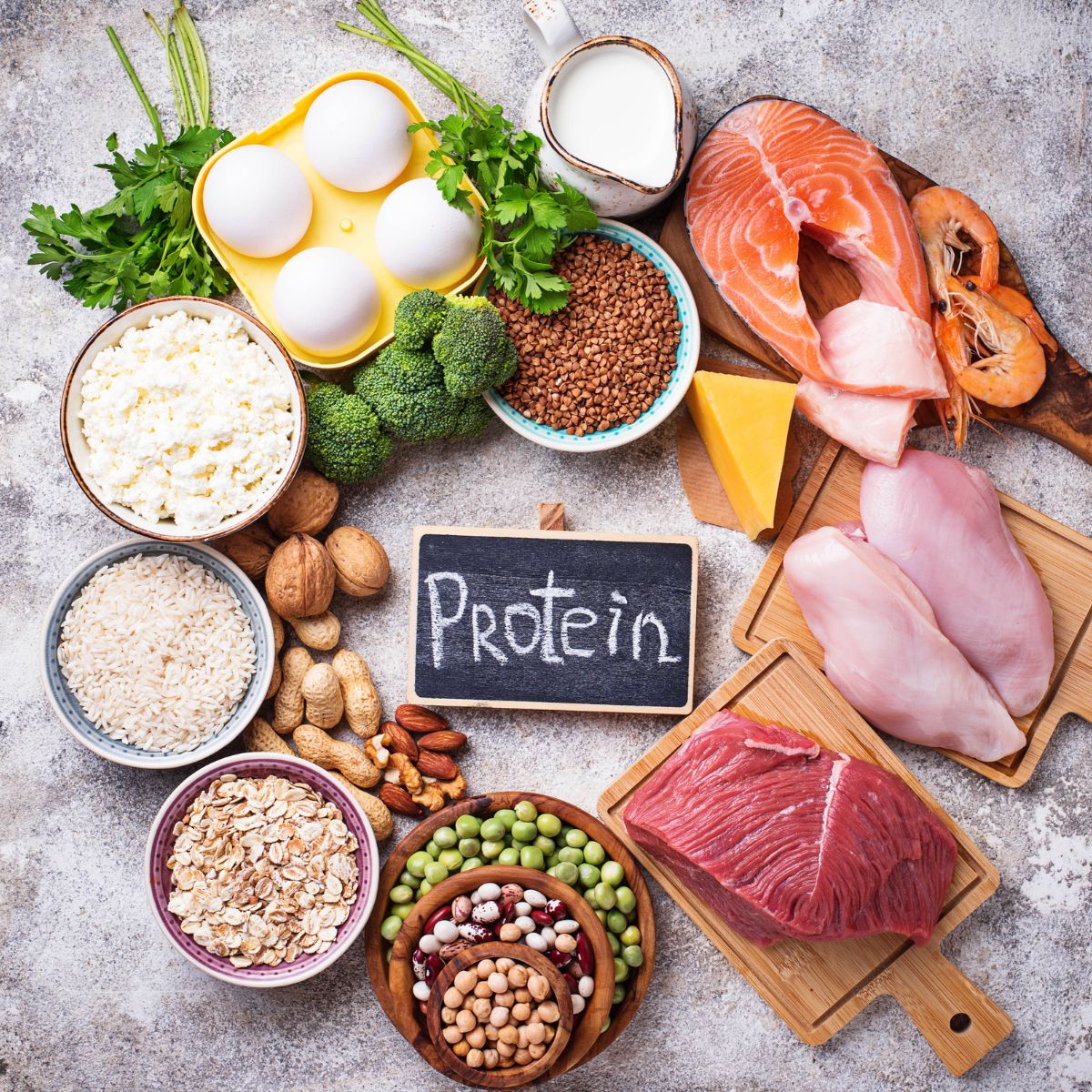
Maintaining Fluid And PH Balance
Proteins play a key role in maintaining fluid balance by keeping the blood and various bodily fluids from becoming too acidic or alkaline. They also help ensure that fluids do not accumulate in tissues, which can lead to swelling, known as edema.
Transport And Storage Of Nutrients
Proteins have a transport function as well-they carry important substances throughout the body. For example, hemoglobin, the protein in red blood cells, transports oxygen to the body's tissues. Similarly, other proteins transport crucial nutrients where they're needed in the body.
Contributing To Satiety
Proteins have a high satiety value, meaning they can make you feel full for a longer period. This is beneficial in weight management, because it can help reduce calorie intake by decreasing the frequency of hunger.
Structural Support
Structurally, proteins make up significant portions of the body's bones, skin, and hair. Collagen and keratin, types of proteins, are essential for the structural integrity and health of these tissues.
Given these diverse roles proteins play, it's clear why they are considered a fundamental component of a balanced diet. They're not just important for athletes or those looking to build muscle; they're vital for everyone's daily health and bodily functions.
A diet lacking adequate protein can lead to muscle atrophy, weakened immunity, and many other health issues. Thus, including various protein sources in the diet is important for maintaining optimal health.

🥚 What Are Some Great Protein Sources For Optimal Nutrition?
When discussing nutrition, specifically the topic of protein sources, it's important to understand that protein is an essential macronutrient critical for the proper functioning of our bodies.
It plays a key role in repairing and building tissues, making enzymes and hormones, and is a structural component of bones, muscles, cartilage, skin, and blood.
Animal-Based Protein Sources
There are numerous sources of protein, both from animal and plant origins. Animal-based proteins include the following protein rich foods.
- Meat - Beef, pork, lamb, and venison are rich in protein and contain all the essential amino acids your body needs.
- Poultry - Chicken and turkey are also high in protein and can be lower in fat, especially when the skin is removed.
- Fish and Seafood - Salmon, trout, sardines, and shrimp not only provide high-quality protein but also contain heart-healthy omega-3 fatty acids.
- Dairy Products - Milk, cheese, and yogurt are excellent sources of protein and also provide calcium for bone health.
📥 GET THIS RECIPE IN YOUR INBOX 📥

Plant-Based Protein Sources
Plant-based proteins are also an important part of the diet, and include the following protein rich foods.
- Legumes - Beans, lentils, chickpeas, and peas are not only rich in protein, but also high in fiber and other nutrients.
- Nuts and Seeds - Almonds, walnuts, flaxseeds, chia seeds, and hemp seeds are good sources of protein and healthy fats.
- Gluten-Free Whole Grains - Quinoa, brown rice, and gluten-free whole-grain products can add protein to your diet, particularly important for those following a vegetarian or vegan lifestyle.
- Soy Products - Tofu, tempeh, and edamame are complete proteins, meaning they provide all the essential amino acids, similar to meat.
When planning meals, it's beneficial to consider the variety and quality of protein sources. Combining different foods, such as beans and rice, can ensure you get all the essential amino acids, even if you are on a plant-based diet.
Furthermore, it's important to pair protein with other nutrients for a balanced diet that supports overall health. For instance, a meal that includes a lean protein source, plenty of vegetables, a whole grain, and a piece of fruit can provide a well-rounded array of nutrients necessary for optimal functioning.

✅ Tips For Nutrition Sources Of Protein Rich Foods Into Your Diet
In the quest for a healthier lifestyle, incorporating protein-rich food sources into your diet is a key component of nutrition.
Protein is essential for building and repairing tissues, making enzymes and hormones, and is a crucial building block of bones, muscles, cartilage, skin, and blood. Here are some tips on how to increase your protein source intake.
- Start with Breakfast: Breakfast is a great opportunity to get a head start on your protein intake. Consider foods like Greek yogurt, eggs, cottage cheese, or a smoothie with a scoop of protein powder.
- Lean Meats and Fish: Include lean meats such as chicken or turkey in your meals. Fish like salmon, trout, and tuna are not only rich in protein, but also contain healthy omega-3 fatty acids.
- Plant-Based Proteins: If you're vegetarian or looking to reduce your meat intake, opt for plant-based protein sources like lentils, chickpeas, beans, peas, tofu, and quinoa. These are not only high in protein, but also fiber, which can aid digestion.
- Snack on Nuts and Seeds: Nuts and seeds are a good source of protein and healthy fats. Almonds, walnuts, flaxseeds, and chia seeds can be added to yogurt, salads, or eaten on their own as a snack.
- Incorporate Dairy: Dairy products like milk, cheese, and kefir are excellent sources of protein. Choose the low-fat versions if you're concerned about calorie intake.
- Use Protein Supplements: If you're struggling to meet your protein needs, consider using supplements like whey or plant-based protein powders. Add them to shakes, smoothies, or even baked goods.
- Whole Grains: Switch to whole-grain gluten-free bread, pasta, and rice. These contain more protein compared to their refined counterparts and additional nutrients.
- Protein in Every Meal: Try to include a source of protein in every meal. This will ensure a steady supply of amino acids to your body throughout the day for muscle repair and other functions.
- Read Labels: When shopping, read nutrition labels to compare protein content. This can help you make informed choices about what to include in your diet.
- Balanced Diet: While focusing on protein, don't neglect other elements of your diet such as fruits, vegetables, and healthy fats. A balanced diet is crucial for overall health.
By following these tips, you can ensure you're getting enough protein in your diet to support your health and fitness goals. Remember, the key is variety and balance to ensure you're getting all the essential nutrients your body needs.
🥚 Garden Egg Salad Wrap Recipe
Making lunch time a tasty adventure with our garden egg salad wrap recipe! Healthy has never been this delicious. Make your midday meal a high-protein recipe! There's just something about a healthy wrap for lunch! Wraps are a great way to pack together all the ingredients you love in one convenient morsel!
This is a simple meal that you can make ahead, and even add some leftover chicken or turkey slices to give it an extra protein punch! Getting plenty of protein at meals is just the first step toward breaking the cycle of sugar in your life.
🧡 Learn How To Make This Egg Salad Wrap Recipe
📖 Recipe
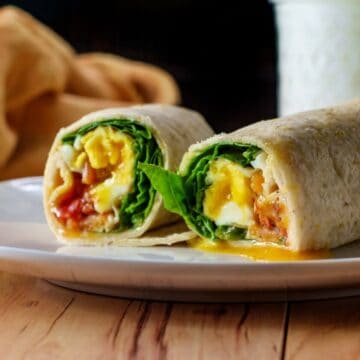
Garden Egg Salad Wrap
Equipment
Ingredients
- 4 eggs, hard-boiled
- 1 avocado
- ½ cup carrots (shredded)
- ½ cup cabbage, purple (shredded)
- 1 large tomatoes (diced)
- ¼ small onion, red (diced)
- 2 tablespoons sunflower seeds
- 2 tortillas, gluten-free
- 2 large lettuce leaves, green leaf
- ¼ cup Dijon mustard salad dressing (see recipe below)
- 1 pinch sea salt (to taste)
- 1 pinch black pepper, ground (to taste)
Instructions
- If you are using my homemade Dijon mustard salad dressing, see the recipe that follows for step-by-step instructions. Prepare this first, then proceeed.
- In a medium mixing bowl, use a fork to mash eggs, dressing, and avocado together until chunky.
- Stir in carrots, cabbage, tomato, onion, sunflower seeds, and salt and pepper.
- Spread the mixture into the center of the wraps. Top with lettuce, then roll up like a burrito. Slice in half and enjoy.
Laura's Recipe Tips
🌿 The Harmony Method™ Pillars Supported 🌿
Rotation | Gut-Hormone-Mood | Flavor Infusion | Mindful Meal Mapping
Nutrition
The information shown is an estimate provided by an online nutrition calculator. Modify as needed and enjoy.
©EatYourNutrition. Content & photos are copyright protected. I love when you share this recipe with others, but please make sure you give credit to this site. Copying, pasting, & posting entire recipes onto social media is prohibited.
Share on Facebook📥 GET THIS RECIPE IN YOUR INBOX 📥
LEAVE A RATING AND COMMENT
Please leave a rating and comment letting us know how you like this recipe.

🧡 Next Steps To Better Nutrition
If you're considering changing your diet for better health, you're on the right track. From the way our gut microbiome influences inflammation and nutrient absorption to the transformative power of key nutrients and gut-healing strategies, each revelation unveils the potential for a healthier lifestyle.
So, if you believe support is the missing link in you making progress with your nutrition, we're here to provide support and guidance! If you're ready to take your wellness journey to the next level, check out my coaching plans today.
Whether you're seeking personalized guidance, a supportive community, or additional resources, take the first step toward true healing, with a gut, health, and skin nutritionist on your side.
Here's to a journey of continued growth, fulfillment, and a thriving you!
👉 Gut, Skin, Or Hormone Health Help?
Also, if you need further assistance with your symptoms, don't hesitate to contact me, your gut health nutritionist. Let's work together to embark on a holistic health lifestyle journey towards a healthier, vibrant life. Contact me.
ADDITIONAL RESOURCES
In addition, consider exploring the following resources for further reading and guidance with your health and wellness goals.
- Need Extra Support: Join my Fresh Start Healthy Weight Loss Program. Register here.
🗣️ Let's Discuss Daily Protein Intake And Optimal Nutrition
Which is your favorite protein source for optimal nutrition that you like to eat during the week? Let me know in the comment section below. Share your experiences in the comments below.
You can also connect with me @EatYourNutrition on Instagram. I love seeing your photos. #EatYourNutrition #LauraVillanueva


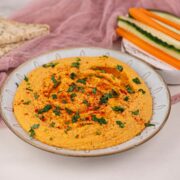
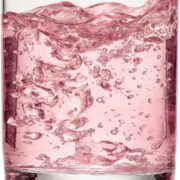
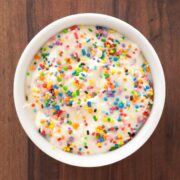
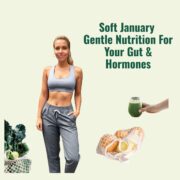
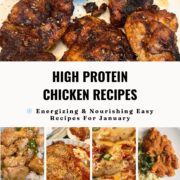
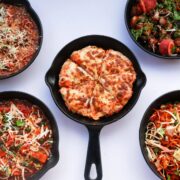

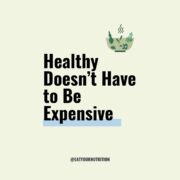



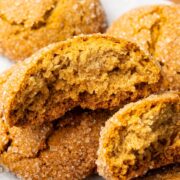

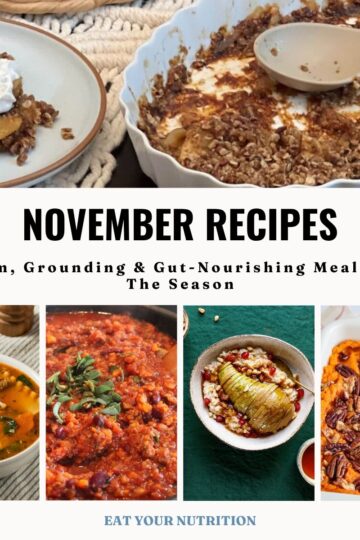

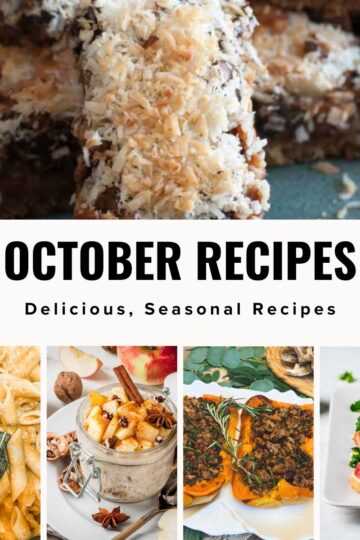
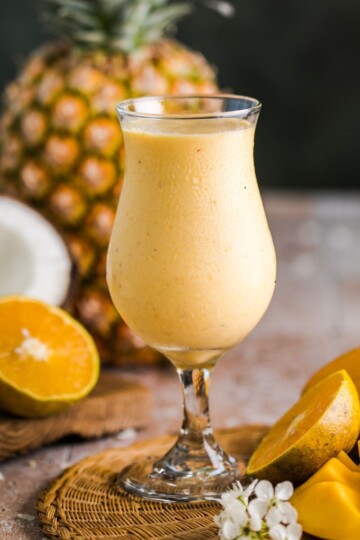
Comments
No Comments